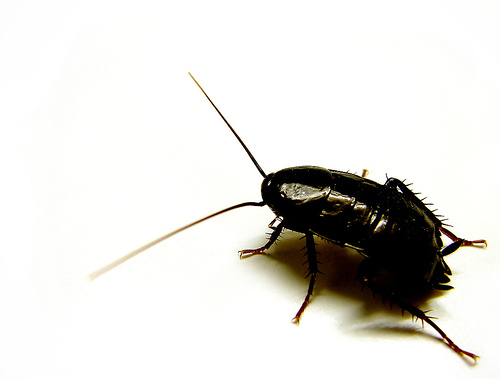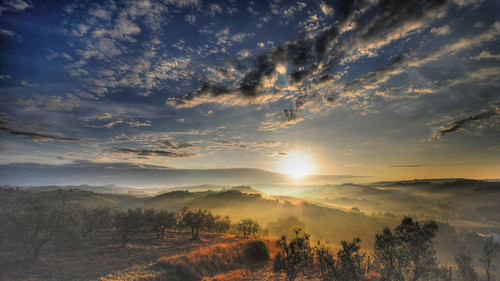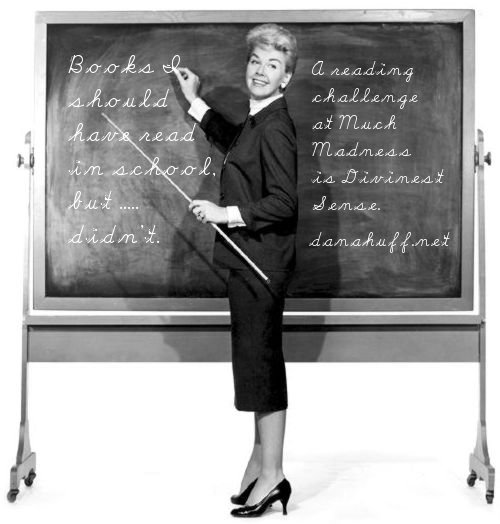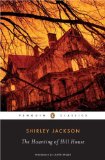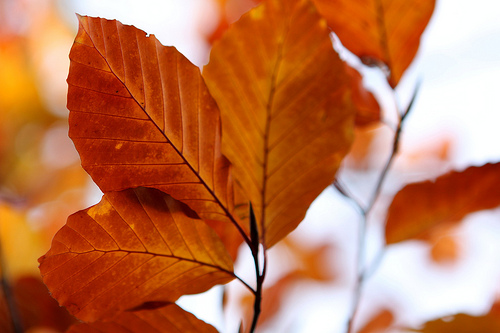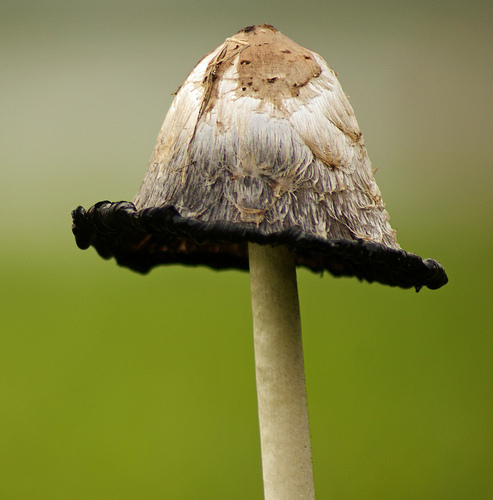I hate pests. Up until yesterday or the day before, I followed someone on Twitter who made book recommendations and linked to items for sale on Amazon. I have nothing against being an Amazon affiliate, obviously, as I am one myself. What does bother me is when folks use any sort of hard sell, pressure, or guilt as tactics to convince you to buy through their affiliate links. A simple link that announces you’re an Amazon affiliate and thanks you for buying books through your site is absolutely fine, and I might even be encouraged to help you out. A direct message sent to all your followers encouraging people to buy through your site and guilting said followers by mentioning selling through Amazon is a part time job for you, well, that’s just wrong. Times are hard, and I don’t begrudge folks trying to earn a buck, but it’s not the first time this person has used this tactic, and frankly the value of the book recommendations isn’t worth it to me. If I buy anything through an affiliate, it should be because I want to, and perhaps because they’ve made it easy for me. One thing you’ll never have to worry about me doing is pressuring or guilting anyone into buying books I link to through my Amazon affiliate code. I do, of course, thank you if you do. It helps keep me in books. But it’s just wrong for anyone to send a message to all their followers or all the folks in their email address book or Facebook friends asking that folks buy through you. Don’t you think? Or am I just touchy?
photo credit: Furryscaly
